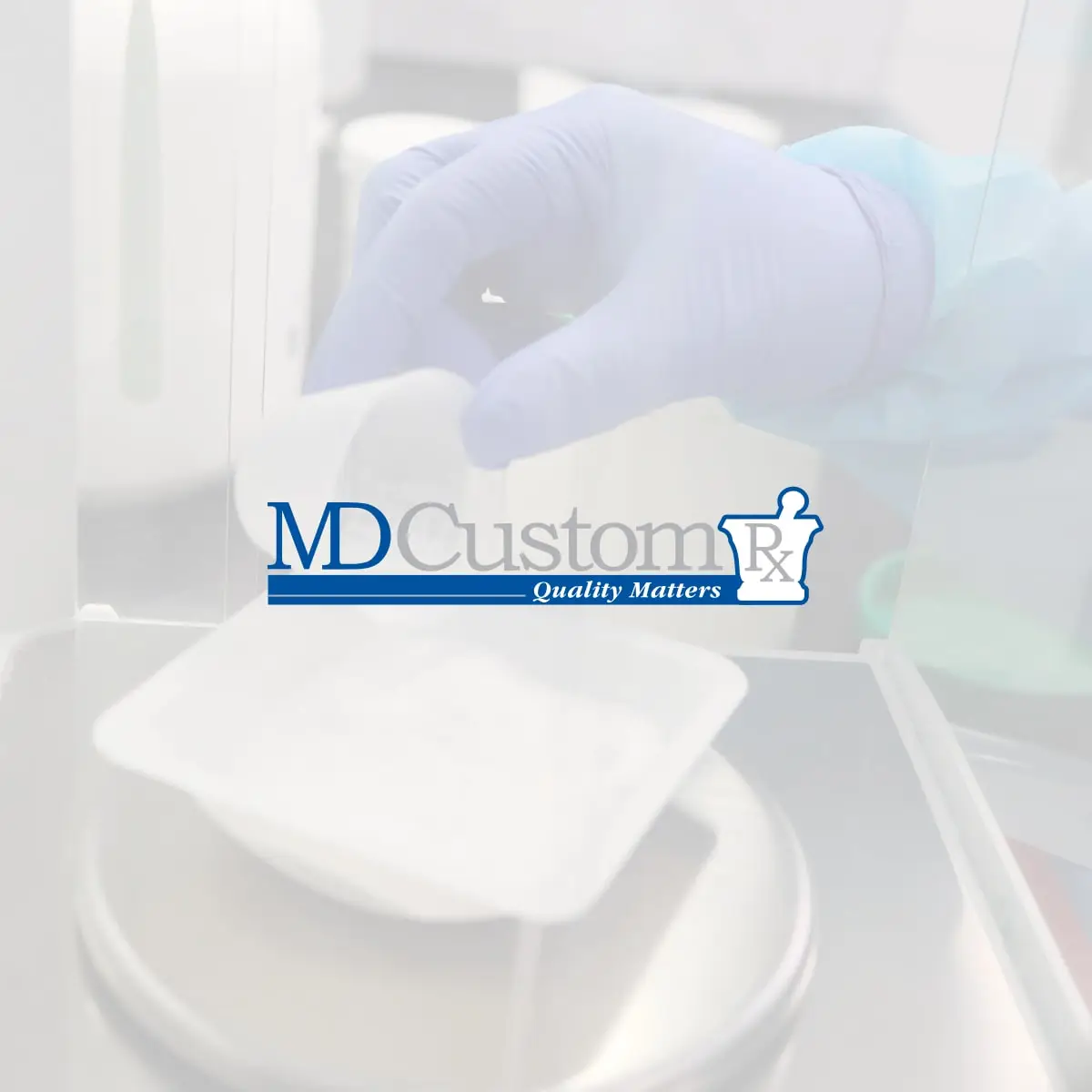Dysphagia is commonly known as difficulty swallowing, commonly occurs in elderly patients and populations with degenerative eurological or muscular disorders including Alzheimer’s disease, amyotrophic lateral sclerosis (ALS), cranial neuropathy from diabetes, and Parkinson’s disease, dementia, stroke, oropharyngeal tumors, gastroesophageal reflux disease (GERD), and Zenker’s diverticulum. Abnormal swallowing can also be caused or exacerbated by medications. Central nervous system depressants causing sedation or impaired cognition can affect swallowing, as can anticholinergics, diuretics, or other medications that cause xerostomia, which result in an inability to adequately wet food and subsequent chewing and swallowing difficulties. Mouth ulcers can cause chewing, transferring, and swallowing to be painful or difficult.
Significant, potentially life-threatening consequences of dysphagia include aspiration, pneumonia, choking, malnutrition, and dehydration. Many drugs – including nonsteroidal anti-inflammatory drugs, bisphosphonates, potassium chloride, quinidine, tetracycline, clindamycin, and iron-containing products – can all lead to esophageal injury when esophageal motility is impaired.
There are general problems associated with traditional dosage forms that provide difficulties with adherence and optimal outcomes in patients with swallowing difficulties. The compounding pharmacists at MD Custom Rx can assist through alternative drug delivery systems – oral disintegrating tablets, transdermal, rectal, buccal delivery systems, and altered-thickness liquid medications have all shown the ability to increase the ease of medication administration in dysphagic patients.
Orally Disintegrating Tablets
Size, surface texture, form, and taste are prominent complaints regarding oral tablets. Compounded rapid-dissolve or orally disintegrating tablets (ODTs) offer significant advantages over conventional tablets. ODT medication requires less effort to swallow by patients with impaired swallowing and provides administration convenience and improved compliance and accuracy of dosing. The compounding pharmacists at MD Custom Rx can assist with compounding medications in ODT form that are not commercially available as such.
Transdermal Delivery Systems
Advances in transdermal delivery vehicles allow compounding pharmacists to incorporate a growing number of medications into percutaneous dosage forms offering the possibility of more sustained clinical benefits in patients with difficulties swallowing.
Altered-Thickness Oral Liquids
In addition to the commercially available liquid medications a host more can be compounded by pharmacists. The compounding pharmacists at MD Custom Rx in Brookfield, WI with their knowledge of excipients and compatibilities, have the ability to alter the viscosity of liquid medications prior to dispensing, thereby eliminating the inconvenience on the part of the caregiver and potential dosing problems
At MD Custom Rx we are able to provide alternative drug delivery systems and recommend an individualized treatment plan specifically designed for you to increase the ease of medication administration in dysphagic patients. We can work with physicians and patients throughout Wisconsin with medication delivery that works! To learn more about these prescription compounded solutions, call MD Custom Rx in Brookfield at 262.373.1050 or stop in today, convenient location at 190th and Capitol Drive.
